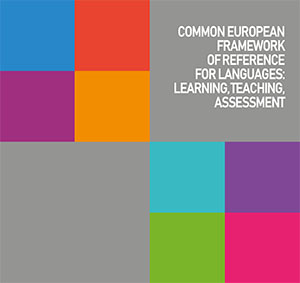Learners as social agents in the classroom
Languages are not only an instrument to obtain and exchange information, but also to interpret the world and to build both individual and collective knowledge through interaction and dialogue. Language learning is, therefore, both a cognitive and a social activity. It takes into consideration the interactional and communicative realities, purposes and contexts of real-world language use.
Workshop
The learner as social agent: Implications for curriculum design and classroom practice (2022: Bernd Rüschoff)



